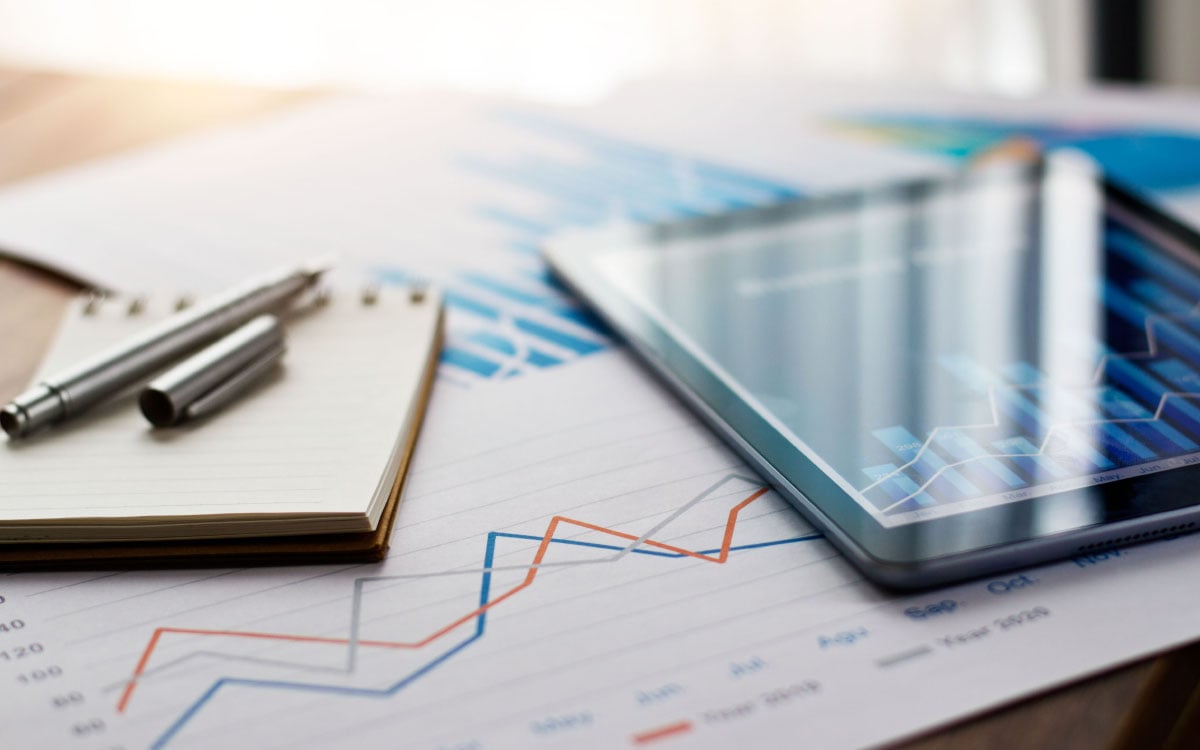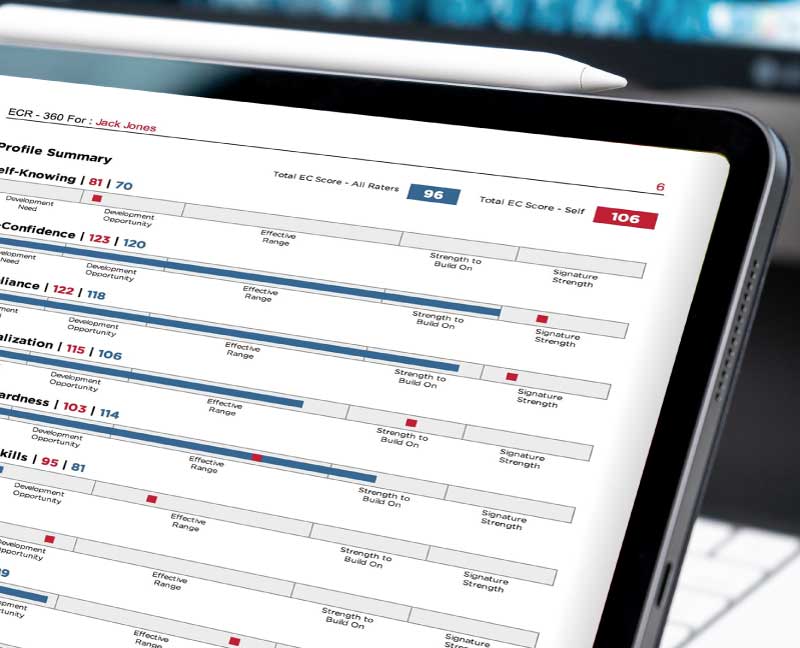CASE STUDY.
Building effective leaders in aerospace at Boeing with Emotional Capital

"Improving leaders’ emotional intelligence can make a big difference to the atmosphere at work but change will not happen overnight. Engineers and technical folk respond well to objective data, not general statements. The Emotional Capital programme took what is an academic concept and broke it down into manageable chunks of information . . . It took a technical approach in that the skills were broken down into components and explained in a way that made sense to them."
Sandra James, Senior Manager, Boeing Defence Australia

Key solutions used
Multiple programmes for long-term change
The first Emotional Intelligence Development programme at Boeing Australia began in 2007 and the second in 2008.
Accurate EQ assessment tools
The Emotional Intelligence of the leadership team was evaluated based on self-assessments via the ECR and a 360° process.
Coaching Sessions
Face-to-face coaching sessions were facilitated by accredited coaches to assist in the integration of learning from seminars and modules and to address each individual's development opportunities.
Group Seminars
Group seminars on the key competencies within Emotional Intelligence were carefully selected to address particular needs of the group as a whole.
Company background
With 3,000 employees in 27 locations, Boeing was experiencing significant levels of executive burnout and high turnover rates. The cost of this turnover to the business was substantial and it impacted the organisation's capabilities and culture.
Exit interviews indicated that the number one reason for staff departures was poor relationships with managers and supervisors. With competition intensifying for highly skilled people, the organisation could not afford to continue with the status quo.
Challenge
This led Boeing Australia in 2007 to engage RocheMartin to develop a comprehensive program tailored to the company’s needs. Key factors in the selection decision were a world-class reputation, significant credibility and science underpinning its approach, and a track record of effective, lasting change at blue chip organisations.
They decided to tackle the root cause of the talent attraction and retention issues by embarking on a cultural change programme, focusing specifically on revolutionising the leadership effectiveness of senior people within the organisation. The overall objective was to give the organisation a competitive advantage through superior leadership and culture.
In total, 39 senior leaders and executive team members took part which led to positive feedback and significant results.
Exceeded expectations! Really pleased with all the supporting material and insights and it was the most valuable hour I have had in years."
Multiple programmes for long-term change
The first Emotional Intelligence Development programme at Boeing Australia began in 2007 and the second in 2008.
The overall pattern of improvement varied across the two groups, reflecting how the Programs were tailored to suit the unique needs of each cohort of participants. The 2007 group started from a relatively weaker position and made across-the-board improvements, while 2008 focused on closing gaps in two key competencies and enhancing adequate or strong ratings in other targeted areas.
A total of 39 executives and senior leaders participated in the Programs, with 19 taking part in the 2007 program and a further 20 in 2008.

Accurate EQ assessment tools
An evaluation of the individual Emotional Intelligence of the leadership team was done based on self-assessment and a 360 degree process involving peers, managers, and direct reports.
The 2007 Program used the Bar-On EQi instrument to assess participant competencies with regards to Emotional Intelligence, while the 2008 Program used RocheMartin’s Emotional Capital Inventory (ECi) for the same purpose. In addition, the Myers Briggs Personality Inventory was applied to both groups.
This led into a comprehensive feedback session and the identification of development opportunities.

Coaching Sessions
Face-to-face coaching sessions were facilitated by accredited coaches, to assist in the integration of learning from seminars and modules and to address each individual's development opportunities.
This was essential for improving each individual's Emotional Intelligence by focussing on their unique weaknesses determined by their assessments.

Group Seminars
Group seminars on the key competencies within Emotional Intelligence were carefully selected to address the particular needs of the group as a whole.


Ready to start building Emotional Capital in your business?
Get in touch with us to find out more about our solutions for organisations.





